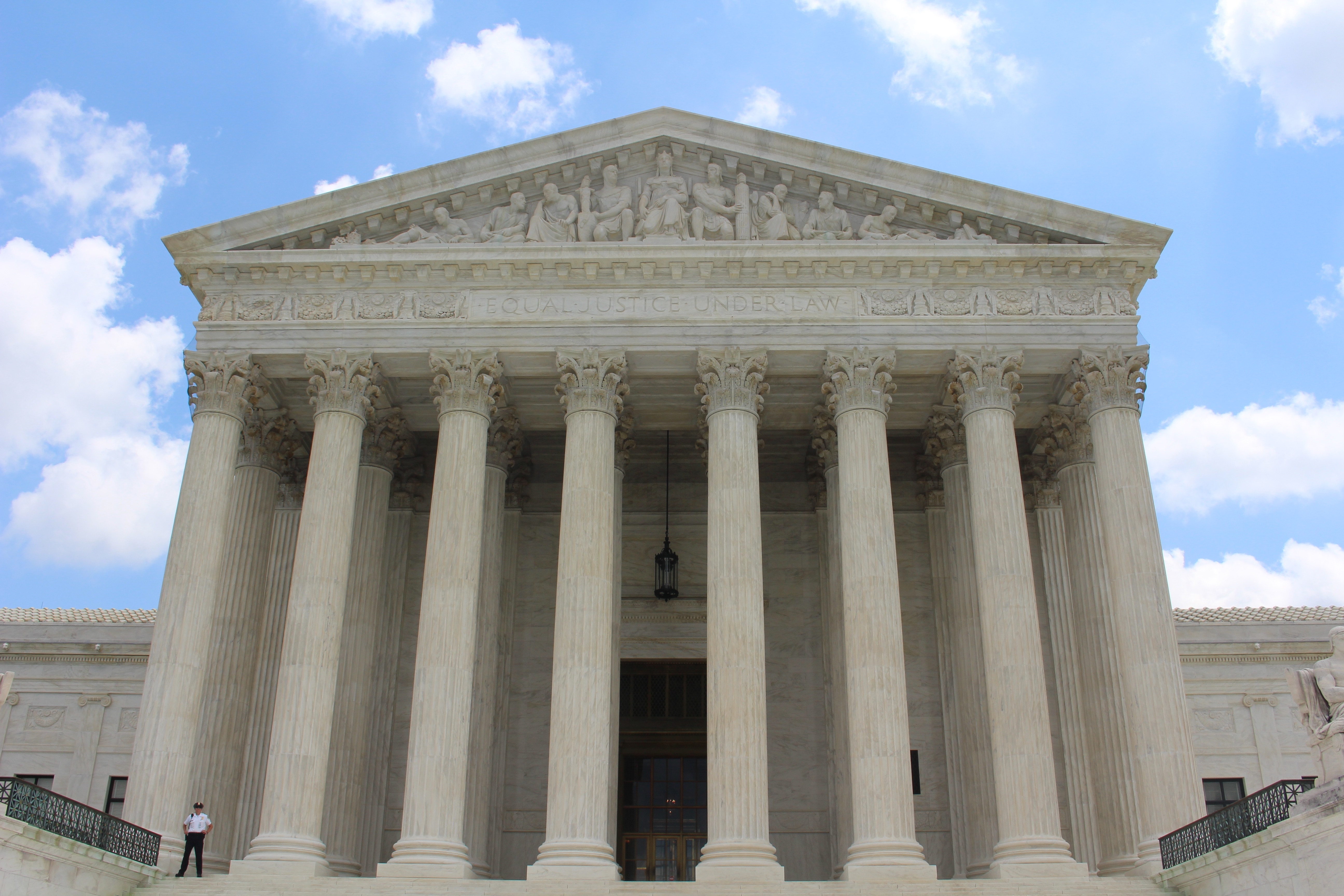On Tuesday, the Arizona Supreme Court in Laughlin v. Jones/Laughlin followed the U.S. Supreme Court in extending the “constellation of benefits” of marriage to same-sex married couples. The Arizona Supreme Court held that Arizona’s presumption of paternity statute (ARS 25-814) is constitutionally defective, and should be read to apply to a female spouse in a same-sex marriage.
You will recall that the U.S. Supreme Court in its Obergefell decision in 2015 overturned state constitutional provisions, including Arizona’s, defining marriage as only the union of one man and one woman.
In late June of this year, the same court in Pavan v. Smith, without a court hearing on the merits, ruled that the “constellation of benefits” of marriage extends to birth certificates. The court ruled that Arkansas’ birth certificate law — providing that the name of a mother’s husband should go on the child’s birth certificate as the father of the child — violated Obergefell by not allowing the same benefit to a female spouse in a same-sex marriage.
In his concurrence in Laughlin, Justice Lopez of the Arizona Supreme Court made clear that the court had no choice but to rule as it did: “We have not extended Obergefell; rather, the United States Supreme Court did so in Pavan, the recent opinion that not only expounds on Obergefell, but also forecloses debate on the breadth of that decision and dictates the outcome here.”
The U.S. Supreme Court not only abrogated the right of states to determine the meaning of marriage in Obergefell, but in Pavan seemed to abrogate the right of states to determine public policy regarding any statute addressing marriage. The bad actor here is the U.S. Supreme Court, not the Arizona Supreme Court.
That Court once again has rewritten laws rather than interpret them. Marriage policy grounded in looking out for the best interests of children should be left to the legislative and executive branches, not the courts.
So what is next?
Those favoring same-sex marriage already are calling for the Arizona legislature to rewrite the many Arizona laws addressing marriage so that they extend to same-sex couples.
While I’ve argued extensively that Obergefell only applied to the redefinition of marriage, the Supreme Court in Pavan clearly extended the “constellation of benefits” of marriage found in state law to same-sex couples. All the Arizona Supreme Court did was follow the Supreme Court precedent.
Some may argue they didn’t have to. However, since the days of Marbury v. Madison (1803) it has been established that the Supreme Court has the authority to declare state statutes unconstitutional, and the doctrine of stare decisis undergirding our country’s judicial system requires lower courts to follow the precedent set by binding higher courts.
Senate President Steve Yarbrough’s statement on Laughlin, with which I whole-heartedly agree, aptly summarizes the situation:
“I personally continue to hold the view shared by four justices in the Obergefell case that it was error to create a new substantive constitutional right under the Fourteenth Amendment out of whole cloth to authorize same-sex marriage. That question should have been left to the states and the citizenry.
Nevertheless, it is the law of the land. Whether we choose a massive rewrite of our law or allow real, specific fact-situations and disputes to be resolved by the courts is a question that requires careful analysis. I suspect even the proponents of the results in this case would prefer a thoughtful approach to the complicated issues before us. Different areas of the law may well require different individualized approaches.”
Rest assured that our Center for Arizona Policy team will be undertaking that “careful analysis” of state marriage laws to determine any next steps.
ICYMI – Latest News & Articles of Interest
- News story covering the Arizona Supreme Court’s Laughlin decision
- “My ‘Sex Change’ Was a Myth. Why Trying to Change One’s Sex Will Always Fail” by Walt Heyer
- Alliance Defending Freedom released an updated legal guide, “Protecting Your Pregnancy Center from Religious Freedom Threats.”
- Michigan farmers banned because of their religious beliefs on marriage can return to farmer’s market, judge rules.
- Can We Stop an International Roe v. Wade? by Stefano Gennarini


